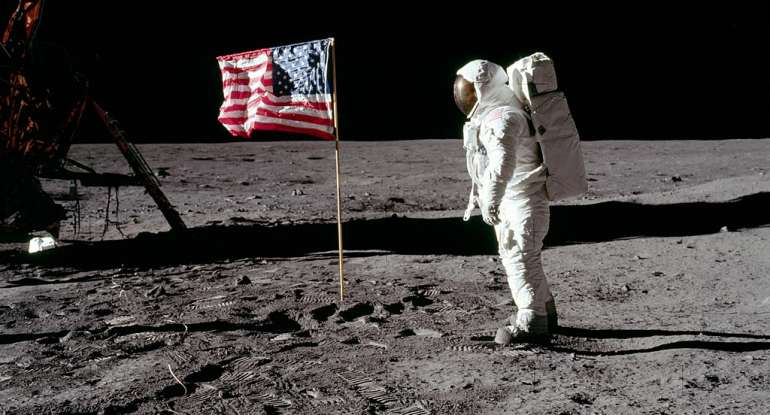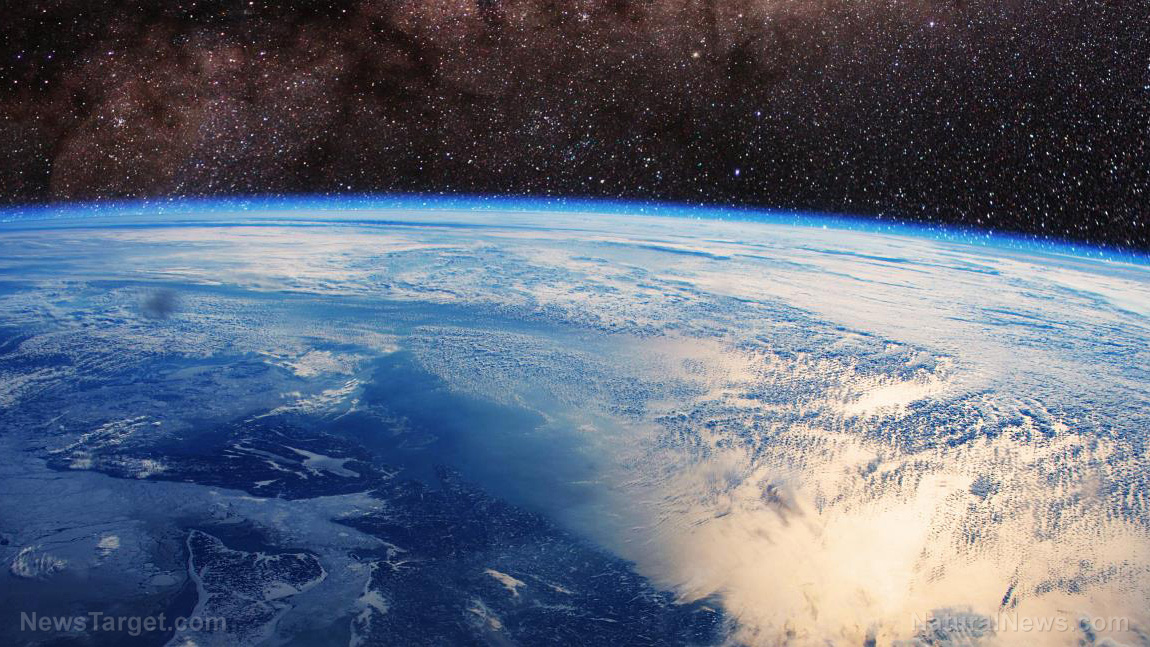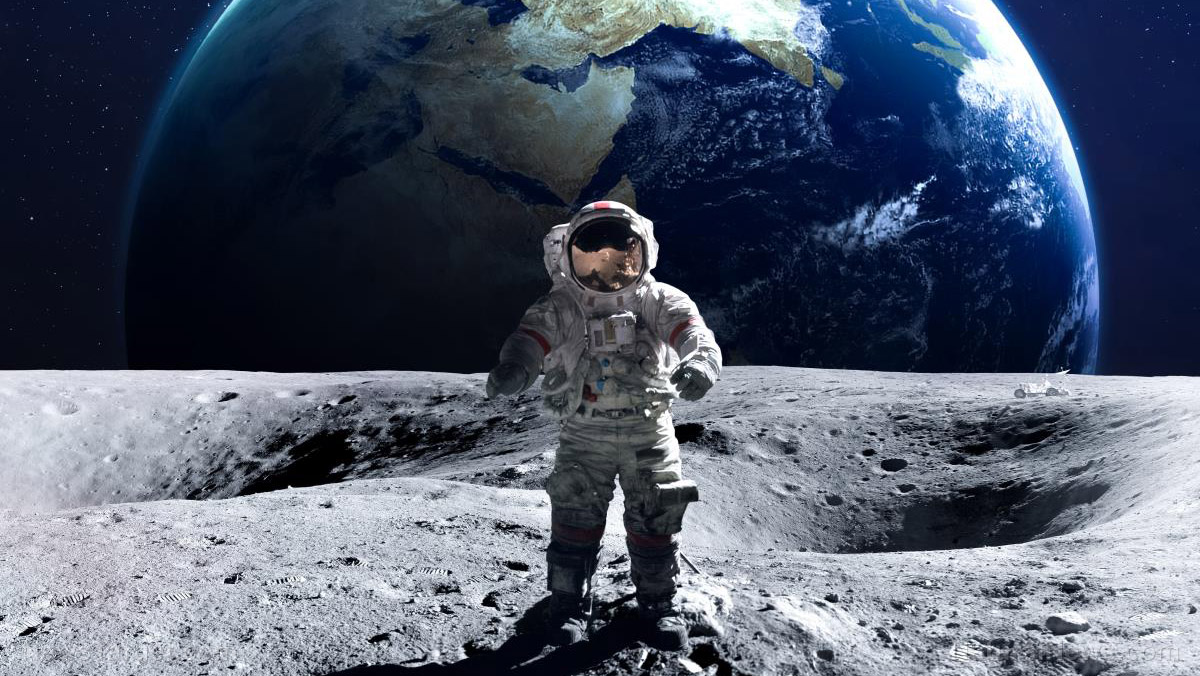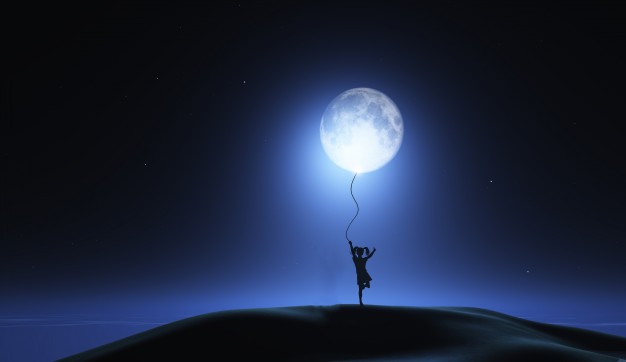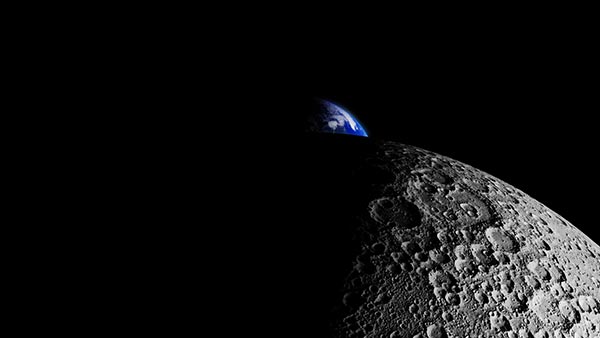
A Chinese lunar probe has just returned with first samples ever taken from the far side of the moon.
Chinese state television showed images on Tuesday, June 25, of the capsule holding the samples, as it hovered down under a parachute onto the grassy plain of China's northern Inner Mongolia Autonomous Region. Scientists said the rocks inside the space capsule could open a fresh window into how Earth's closest neighbor formed.
Chang'e 6, which landed on the far side in early June, isn't the first space mission to deliver back home moon rocks. Neil Armstrong's Apollo 11 mission in 1969 brought back moon rocks, overturning a then-prevalent theory about the composition of the lunar surface.
Before Apollo 11, researchers had believed that the moon formed when a large number of asteroids near Earth slowly gathered together.
However, the minerals in the moon rocks that the astronauts brought back indicated a more violent origin story, as stated by Richard Carlson, director emeritus of the Earth and Planets Laboratory at the Carnegie Science research institute in Washington D.C.
"The wisdom now is that something the size of Mars, for example, hit the Earth and spalled off enough material to put it into orbit and form the moon," Carlson said.
That is to say that the huge ball of molten magma that was torn from the Earth by this collision ultimately cooled into the sphere people see in the sky.
The theory is generally acknowledged today, but the evidence remains insufficient. This is because all of the lunar missions to date – the United States' Apollo missions and several robotic lunar missions launched by the Soviet Union – all landed probes or people on the near side of the moon.
"Think about the geology of the Earth: If you only landed in North America, you'd be missing a big part of the story, right?" Carlson stated.
Chang'e 6 only the second probe to land on the far side of the moon
China's newest robotic probe landed on the far side of the moon, which is a much more daunting task because the far side faces away from Earth and there is no straight path to communicate. Instead, Chang'e 6 counted on a satellite orbiting the moon to transmit its signal.
Early this month it utilized a drill and scoop to gather samples from a lava flow in an area called the South Pole-Aitken basin, which is a crater that is billions of years old, on the opposite side of the moon to Earth.
It remained unseen to Earth until the 1960s when the first lunar orbiters brought back pictures of the moon's far side. Chang'e 6 is only the second-ever landing on the moon's far side following the Chang'e 4 mission in 2019. (Related: China launches spacecraft that will explore the hidden side of the moon)
The samples from the far side, which is less affected by volcanic activity compared to the near side, could provide critical insights into the moon's formation and history.
As stated by Zongyu Yue, a geologist at the Chinese Academy of Sciences: "The samples, being the first obtained from the far side of the moon, are expected to answer one of the most fundamental scientific questions in lunar science research: What geologic activity is responsible for the differences between the two sides?"
"There are significant differences between the far side and the nearside of the moon in terms of lunar crustal thickness, volcanic activity, composition, et cetera," he added.
Follow Space.news for more news about lunar missions.
Watch the video below about China's Chang'e-6 probe successfully landing in Inner Mongolia.
This video is from the Cynthia's Pursuit of Truth channel on Brighteon.com.
More related stories:
China to begin construction of LUNAR BASE using moon soil.
NASA sounds alarm over China’s plans to control parts of the moon.
China may try to claim the moon as prize if it beats US in space race.
Sources include:
Please contact us for more information.














